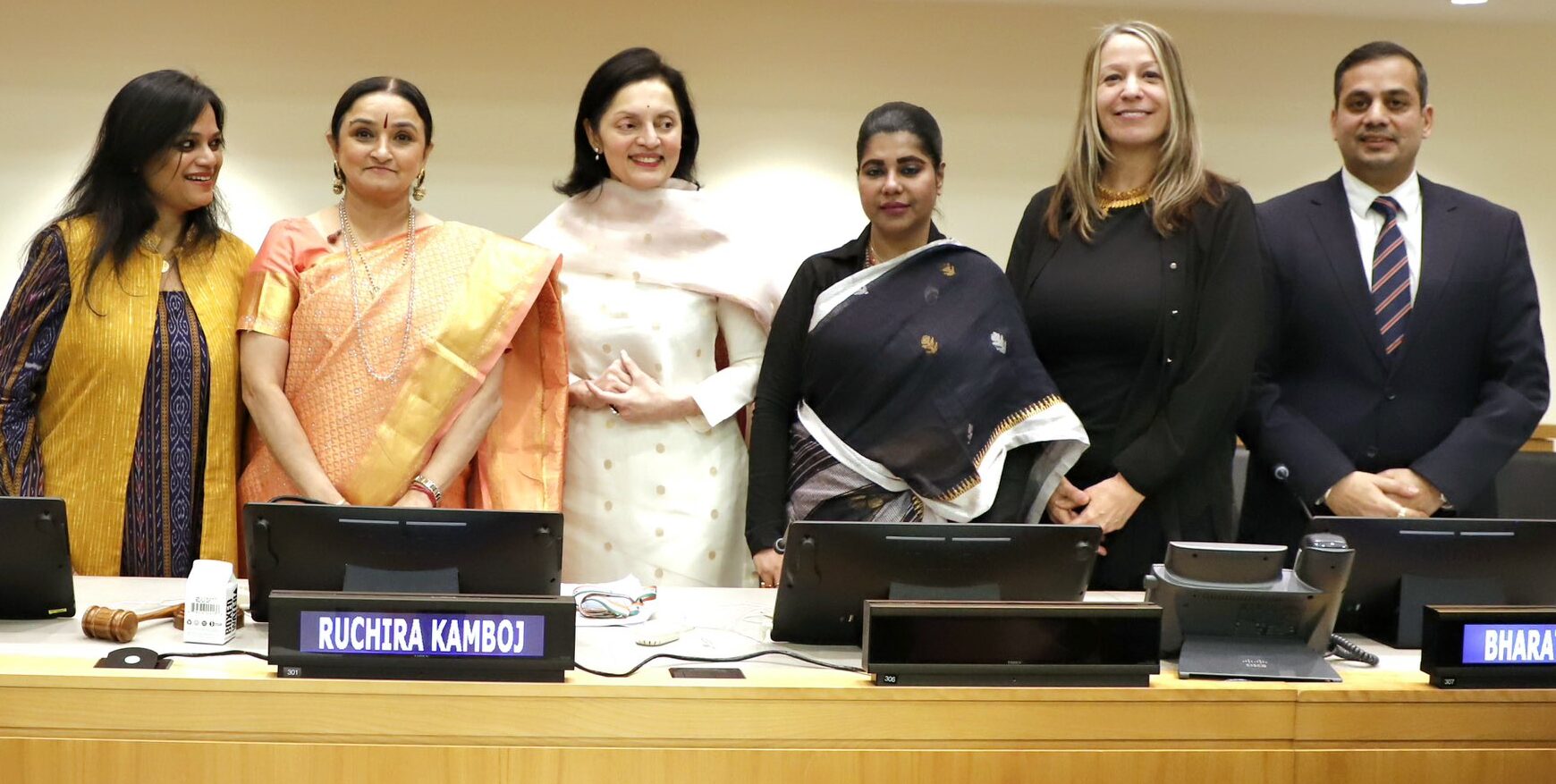Governance
First Steps: In 2021, the EU Sherpa, in the Office of the European Commission President, and the W20 EU Delegation established an informal dialogue between feminist European civil society and EU representation to global meetings on society and the economy, including the G7 and G20. The EU Sherpa welcomed this dialogue in a written letter to the W20 EU Head of Delegation in 2021.
Read the 2021 EU Sherpa Letter to the W20 EU Delegation.
Advocacy Begins: The W20 EU Delegation first contributed to the global G20 process at W20 Germany meetings in 2017. In 2018, the current Sitting Head of Delegation, Ms. Cheryl Miller Van Dÿck, joined the W20 EU Delegation. In 2019, in order to increase reach and diversity of delegation membership, the first W20 EU Delegation Bylaws were drafted and agreed by delegation members.
Read the W20 EU Delegation 2019 Bylaws.
Increasing Governance: Building on the early Bylaws and a series of groundbreaking successes as a delegation, in 2023, the W20 EU Delegation was formally established by Charter.
Read the W20 EU Delegation Charter.
The W20 EU Bylaws have been improved and increasingly formalised over time. The 2023 version of the W20 EU Bylaws also includes a Code of Conduct to which all EU Delegates agree prior to assuming their roles and responsibilities.
Read the W20 EU Delegation 2023 Bylaws, including Code of Conduct.
Legal Representation and Secretariat: Since its founding, the W20 EU Delegation has been informally represented by the named Head or Co-heads of Delegation. Since 2019, the ex officio role of W20 EU “Sitting Head of Delegation” has been held by President of the Brussels-based Digital Leadership Institute (“DLI”), a nonprofit under Belgian law established in 2014. In 2023, the work of the W20 EU Delegation was formally adopted into DLI’s Statutes making DLI the legal representative and seat of the W20 EU Delegation. DLI staff have been carrying out pro bono work for the W20 EU Delegation since 2018.
Read the Statutes of DLI, legal representative of the W20 EU Delegation.
Pro Bono Work: W20 EU Delegation work is pro bono and not remunerated in any form although in-kind contributions to facilitate delegate participation in W20 work is sometimes offered by the W20 Presidency. W20 EU Delegation members must represent EU civil society organisations and, by definition, cannot represent private sector industry or public sector government organisations. A Code of Conduct for delegation members is included in the W20 EU Delegation Bylaws and W20 Handbook.
Delegates Onboard: All W20 EU Delegates commit to upholding the Charter, Bylaws and Code of Conduct of the W20 EU Delegation in the form of a Volunteer Agreement they sign with DLI, legal representative of the W20 EU Delegation, prior to taking up their role and responsibilities.
Read the Volunteer Agreement that all W20 EU Delegation members sign.
W20 Global Governance: The work of the W20 EU Delegation is also governed at the global level by a W20 Handbook officially released during the 2021 W20 Italy Presidency.
Read the W20 Handbook issued by W20 Italy 2021.
More Information: Do you have any questions about how the W20 EU Delegation is governed, who we are, or how to contribute to our work? Please feel free to reach out to us.
W20 EU Delegation governance documents may be found below or by contacting us.
| Document | Version | Author/Signatory | Approval | |
| EU Sherpa Letter | 2021 | EU Sherpa | ||
| W20 Governance | 2019 | W20 Governance | W20 HODs | |
| W20 Guiding Principles | 2021 | W20 Italy 2021 | W20 HODs | |
| EU Delegation Charter | 2023 | HOD | Delegation | |
| EU Delegation Bylaws | 2019 | HOD | Delegation | |
| 2020 | HOD | Delegation | ||
| 2021 | HOD | Delegation | ||
| 2023 | HOD | Delegation | ||
| DLI Statutes | Current | DLI | DLI Board | |
| EU Delegation Volunteer Agreement | 2023 | HOD & Delegates | Delegation |

